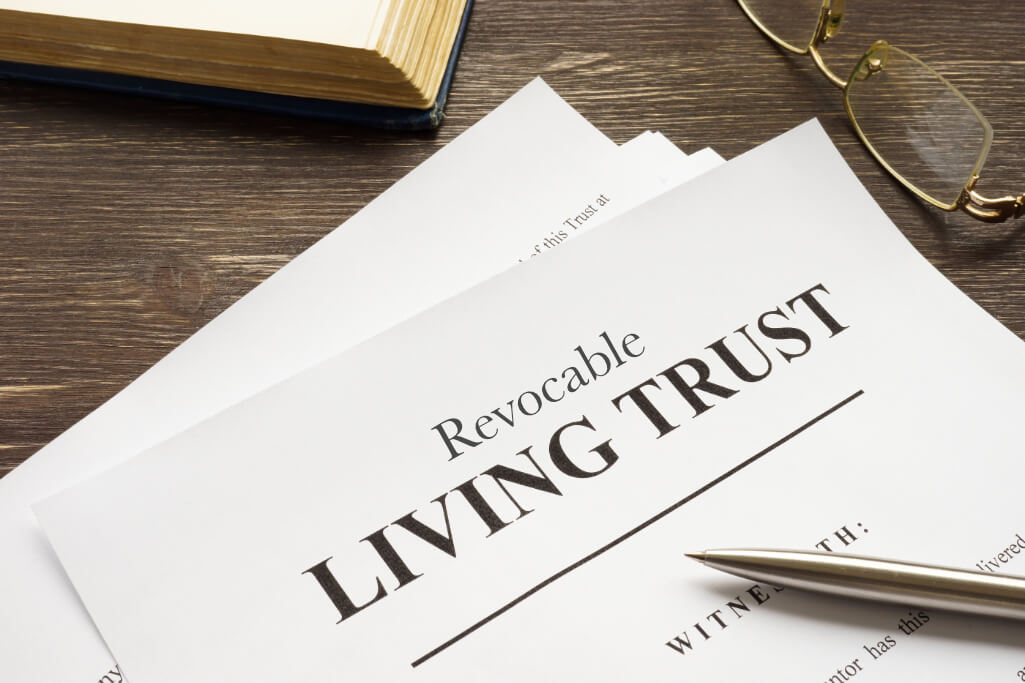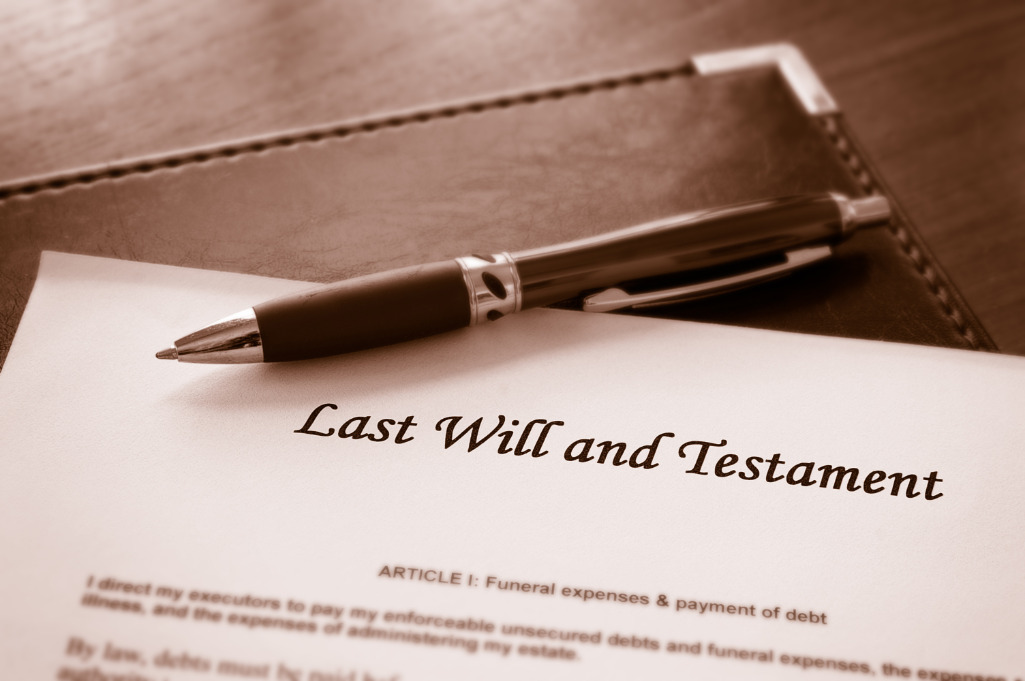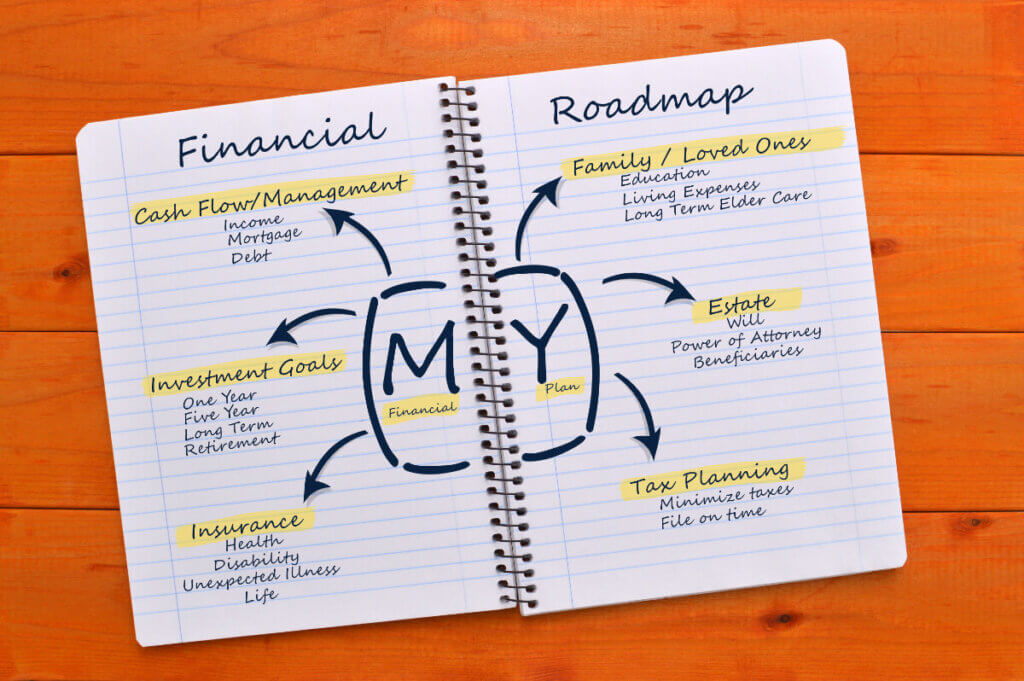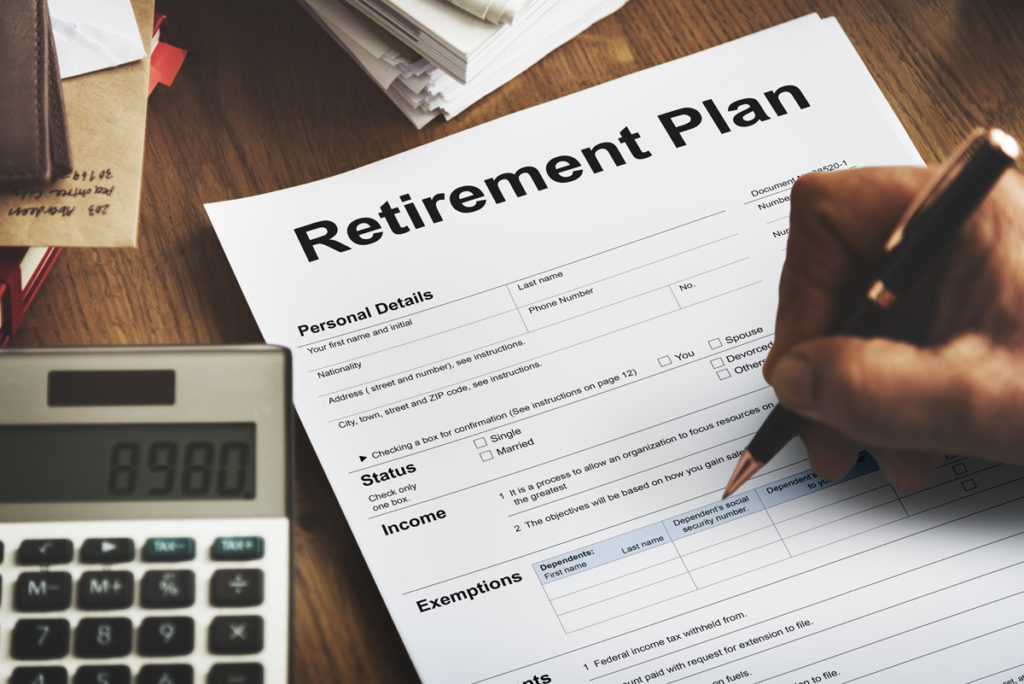Throughout history, people have made inheritance choices that are inexplicable to others. In 1926, Harry Houdini left his magical equipment to his brother, his pulled-from-the-hat rabbits to the children of friends, and a series of random words to his wife. The words were a code that would let her know when he was in touch from the afterlife.1
In 1968, Quaker State Refining Corporation heir Eleanor Ritchey left $4.5 million to her dogs. She had 150 of them. The will was contested and, by the time it settled, the value of the estate had increased to $14 million. The 73 surviving dogs received $9 million.2
Radio and television funnyman Jack Benny set aside a significant sum of money so that his wife would receive one long-stemmed red rose every day for the rest of her life.3
In a similar vein, in 1970, Janis Joplin bequeathed $2,500 “so my friends can get blasted after I’m gone.” Today, the amount would be equal to more than $16,000.4
Don’t follow Prince’s example
End-of-life planning can be complicated and a little scary. That may be why so many people don’t do it. After musician Prince Rogers Nelson died without a will in 2016, Gallup conducted a poll and found the majority of Americans don’t have wills. Gallup reported:5
• 32 percent of Americans age 65 and older don’t have a will
• 86 percent of Americans age 30 or younger don’t have a will
• 45 percent of Americans with income of $75,000 or more don’t have a will
• 39 percent of Americans with post-graduate education don’t have a will
Not everyone has an estate like Prince, but we can all learn from the unenviable state of his estate. In 2018, The Washington Post reported:6
“This month, the six heirs filed a heavily redacted motion challenging a potential ‘entertainment transaction’ they claim would be ‘an embarrassment to Prince’s legacy.’ And three half siblings have filed a petition questioning the estate administrator’s high legal fees, noting concern that ‘at the end…there will be little, if anything left to pass on to the Heirs.’ Draining the estate is also a fear for former colleagues who yearn to see Prince’s quiet dedication to philanthropy continued.”
Have a will and a plan
Clearly, procrastinating about writing a will or securing an estate plan is not unusual. There is a downside to procrastination, though. The momentary relief it provides often is overwhelmed by negative feelings, as well as heightened anxiety and stress.7
If you ever wake in the middle of the night troubled about what will happen to your children if something happens to you, or concerned your ex may be the beneficiary named on your 401(k) plan, or worried your spouse will be able to keep the house when you’re gone, it’s time to put a plan in place.
There are a number of reasons why people avoid estate planning, writes elder law attorney Stuart Furman in the Senior Living Blog. They include:8
• Estate planning isn’t easy. It requires thoughtful decisions about who should receive what and why.
• People don’t want to pay a financial planner or an attorney to draft and execute an estate plan, even if the plan will save money in taxes and legal costs over time.
• People fear giving too much authority to others, such as adult children who could make poor decisions about a parent’s care.
• People avoid discussions about death. No one likes to look potential mental incapacity or mortality in the face.
One way to get past some of these obstacles is to work with a trusted financial advisor who can coach you through the process. An advisor can help with many aspects of planning to make sure the plan you want is the one put into place. A good advisor can:
• Ask questions that will help clarify your thinking about how to divide your estate
• Recommend options that help meet the goals you set for your estate
• Facilitate meetings to communicate the plan to your family and other heirs
• Coordinate with your attorney, accountant, or any other advisors to put your plan in place
• Review the plan and make recommendations required over time
Even if you don’t wake up in the middle of the night, it’s a good idea to have a will so any assets left behind go to the people or organizations you choose – and not to legal fees, taxes, and heirs chosen by a probate judge.9
If you would like to learn more about the estate planning process or have a will and estate plan that have not been updated recently, get in touch. We’re happy to help.
Sources:
1 https://money.howstuffworks.com/personal-finance/financial-planning/9-strange-last-wills-and-testaments1.htm
2 https://money.howstuffworks.com/personal-finance/financial-planning/9-strange-last-wills-and-testaments8.htm
3 https://www.rocketlawyer.com/blog/five-very-bizarre-but-very-true-legal-wills-95567
4 https://money.howstuffworks.com/personal-finance/financial-planning/9-strange-last-wills-and-testaments9.htm
5 https://news.gallup.com/poll/191651/majority-not.aspx
6 https://www.washingtonpost.com/lifestyle/style/what-would-prince-want-two-years-later-his-estate-is-a-mess-and-his-legacy-unclear/2018/04/18/20136908-3ce9-11e8-8d53-eba0ed2371cc_story.html?noredirect=on&utm_term=.6b7ef6826235











